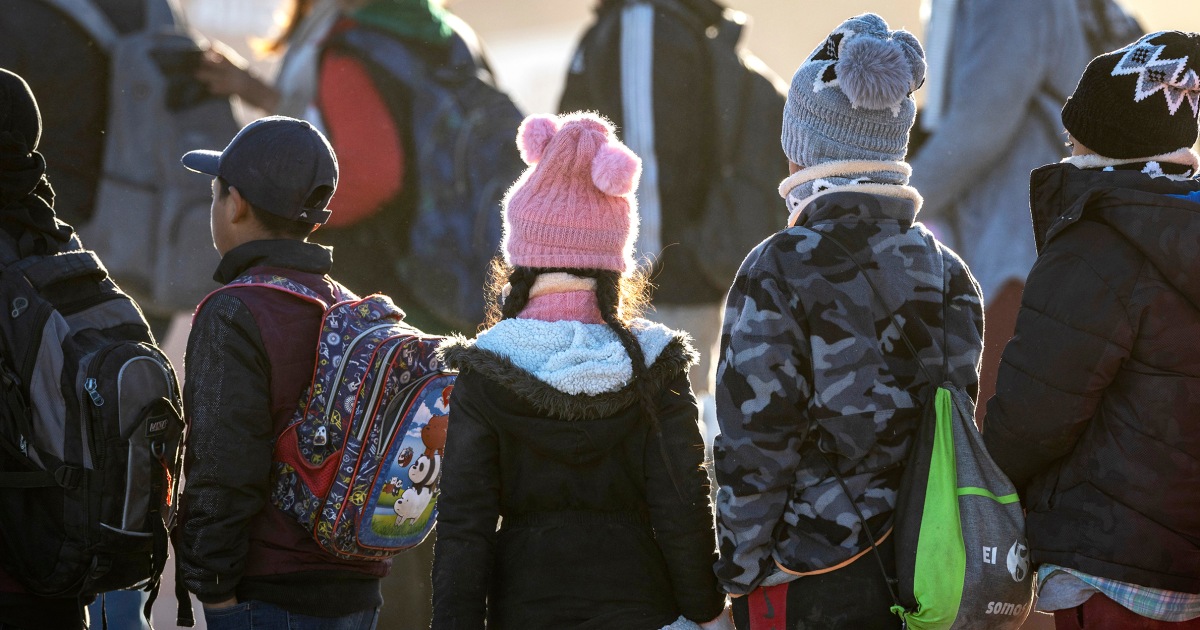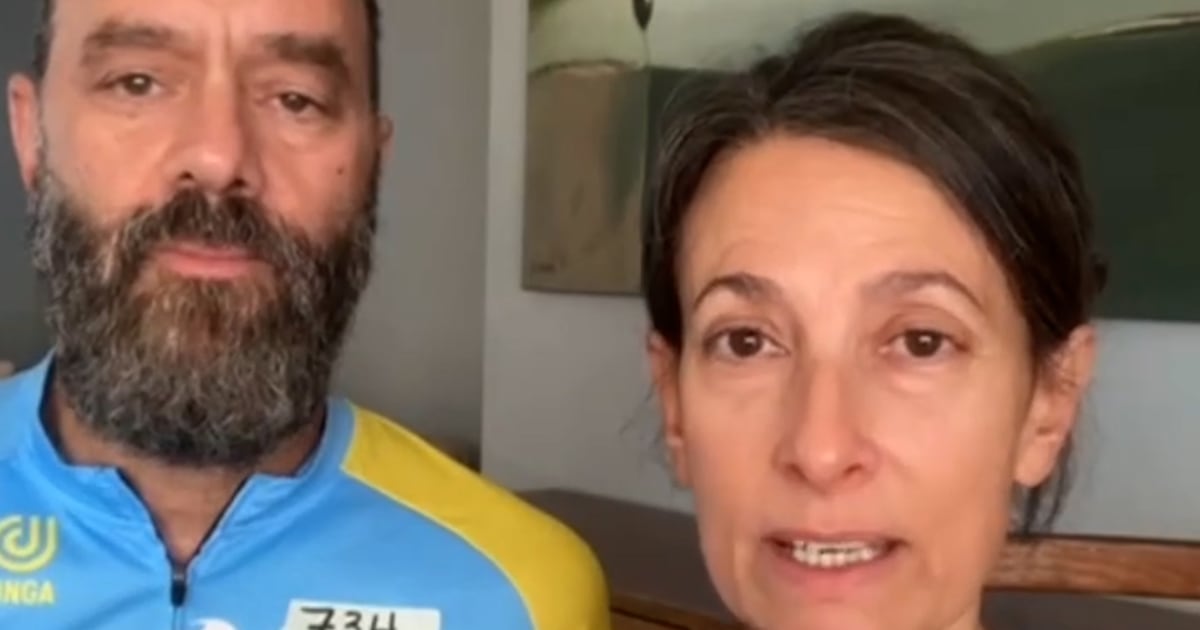The federal government is offering unaccompanied migrant children 14 and older $2,500 to self-deport back to their countries, according to a memo sent by the Department of Health and Human Services and obtained by NBC News.
Source link
Savewith a NBCUniversal ProfileCreate your free profile or log in to save this articleOct. 3, 2025, 11:45 PM EDTBy Didi Martinez, Laura Strickler and Julia AinsleyThe federal government is offering unaccompanied migrant children 14 and older $2,500 to leave the United States of their own volition, or “self-deport” back to their countries, according to a memo sent by the Department of Health and Human Services and obtained by NBC News.The notice was sent Friday afternoon to legal service providers around the country that represent unaccompanied migrant children. Eligible children are those who are from countries other than Mexico and who are currently in the custody of the Office of Refugee Resettlement (ORR), which is part of HHS.“This benefit is intended to support reintegration efforts following departures,” the notice reads. The notice also says that the Department of Homeland Security, which is issuing the stipends, has already identified unaccompanied children in ORR custody who have said they want to file or who will file “for voluntary departure.”Health and Human Services referred all queries to the Department of Homeland Security. The effort to entice minors to self-deport emerged as a rumor on social media Thursday night among immigrant advocates who said they had heard Immigration and Customs Enforcement was labeling the operation “Freaky Friday.” ICE said the name was a made up “ridiculous term” but conceded the agency was offering money to unaccompanied minor children to self deport.Emily Covington, the assistant director of ICE’s Office of Public Affairs, said in a statement that the offer from the federal government was a “strictly voluntary option to return home to their families.”Covington said that the option gives unaccompanied children “a choice and allows them to make an informed decision about their future. Any payment to support a return home would be provided after an immigration judge grants the request and the individual arrives in their country of origin.”The move alarmed immigration advocates around the country.Wendy Young with Kids in Need of Defense said in a statement, “Unaccompanied children should never be removed from the United States without a full and fair process to determine if they are eligible for U.S. protection.”“This operation undermines laws that guarantee that process for unaccompanied children, and it runs counter to our nation’s longstanding commitment to protect the most vulnerable among us — children — from violence, trafficking, abuse, persecution, and other grave dangers,” she continued.Roxana Cortés-Mills, who runs the Center for Immigrant and Refugee Advancement in Nebraska, said regardless of the offer, the rumors about it had sowed fear among immigrant communities. She said a rural school district in the state called her office asking, “should we tell parents to pull their kids from school?” She added, “This is the first time in my nine years of working with unaccompanied children that I am hearing this type of offer.” In Houston, Dalia Castillo-Granados, director of Children’s Immigration Law Academy, said offering money to children “raises many concerns given the vulnerable position these children are in.”The Trump administration offer comes amid an overall push to get undocumented immigrants to self-deport, offering adults and their families $1,000 to leave the country under a separate program. Over Labor Day weekend, the administration also tried to deport several unaccompanied children back to their home country of Guatemala but was temporarily blocked from doing so following court proceedings as DHS was loading the children on planes.“We are seeing a lot of patterns and receiving a lot of reports that ICE is using a lot of pressure tactics to encourage people to take deportation. It’s bad enough to use these tactics on adults to encourage them to self deport but it’s a whole new level of concern to try to use it with children,” Vanessa Dojaquez-Torres, practice and policy counsel with the American Immigration Lawyers Association, said about Friday’s news. More than 300,000 children entered the U.S. by themselves during the Biden administration before being released to parents, relatives or non-family sponsors across the country. As of August, the federal government had 2,011 unaccompanied minor children in its custody, according to the HHS website. Typically, children who cross the border without a legal parent or guardian are transferred temporarily to HHS custody until they can be matched with a U.S.-based sponsor. Children who immigrate to the United States without parents have special protections under the Trafficking Victims Protection Reauthorization Act, unless they are from Mexico or Canada. The Trump administration has sought to thwart those special protections and recently attempted to deport Guatemalan children who were still in the process of seeking asylum. Though they have special protections to ensure they are screened for possible trafficking, unaccompanied children who crossed the border illegally have been previously deported, including under Democratic administrations. But incentivizing children to leave through financial plans has never been done before.Under the Biden administration, unaccompanied minors crossing the border surged to record numbers in 2021, causing backlogs at Health and Human Services as the agency struggled to place them with appropriate sponsors. The Trump administration has said many of those children were placed in unsafe environments where they could be abused or exploited for labor. Didi MartinezDidi Martinez is a producer for NBC News’ national security unit.Laura StricklerLaura Strickler is the senior investigative producer on the national security team where she produces television stories and writes for NBCNews.com.Julia AinsleyI am NBC News’ Senior Homeland Security Correspondent.




